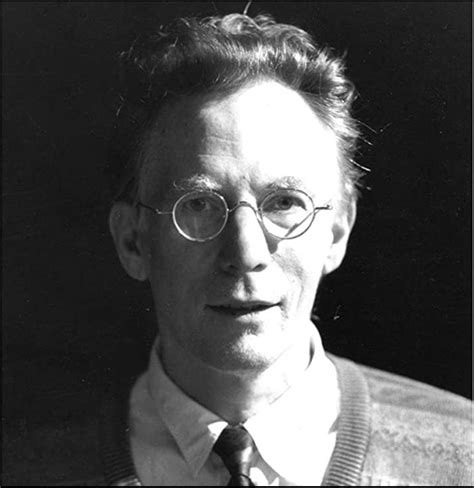A Quote by Sol LeWitt
Formal art is essentially rational.
Quote Topics
Related Quotes
It is rational to choose the right means to your ends to develop very elegant abstract formal theories of rational choice, and then turn these into what look like moral theories. Philosophers tend to be ravished by the formal beauty of such theories, and they don't pay much attention to the fact that our human limitations make them pretty useless in practice, while the simple point about instrumental reasoning is too shallow to be of much real moral interest.
For that again, is what all manner of religion essentially is: childish dependency. If something is irrational, that means it won't work. It's usually unrealistic. People don't just get upset. They contribute to their upsetness. People have motives and thoughts of which they are unaware. Rational beliefs bring us closer to getting good results in the real world. Self-esteem is the greatest sickness known to man or woman because it's conditional. The art of love is largely the art of persistence.
Growing up in the '70s and '80s when my dad had an art gallery, one of the things that frustrated me was the world seemed so tiny, and to appreciate contemporary art, you needed a history of art, a formal education. I was more interested in the people, and that's why I went into the movie business in the first place.
I would simply ask why so many critics, so many writers, so many philosophers take such satisfaction in professing that the experience of a work of art is ineffable, that it escapes by definition all rational understanding; why are they so eager to concede without a struggle the defeat of knowledge; and where does their irrepressible need to belittle rational understanding come from, this rage to affirm the irreducibility of the work of art, or, to use a more suitable word, its transcendence.
We live in a time which has created the art of the absurd. It is our art. It contains happenings, Pop art, camp, a theater of the absurd... Do we have the art because the absurd is the patina of waste...? Or are we face to face with a desperate or most rational effort from the deepest resources of the unconscious of us all to rescue civilization from the pit and plague of its bedding?
How often people speak of art and science as though they were two entirely different things, with no interconnection. That is all wrong. The true artist is quite rational as well as imaginative and knows what he is doing; if he does not, his art suffers. The true scientist is quite imaginative as well as rational, and sometimes leaps to solutions where reason can follow only slowly; if he does not, his science suffers.
I want to say, and this is very important: at the end we lucked out. It was luck that prevented nuclear war. We came that close to nuclear war at the end. Rational individuals: Kennedy was rational; Khrushchev was rational; Castro was rational. Rational individuals came that close to total destruction of their societies. And that danger exists today.








































